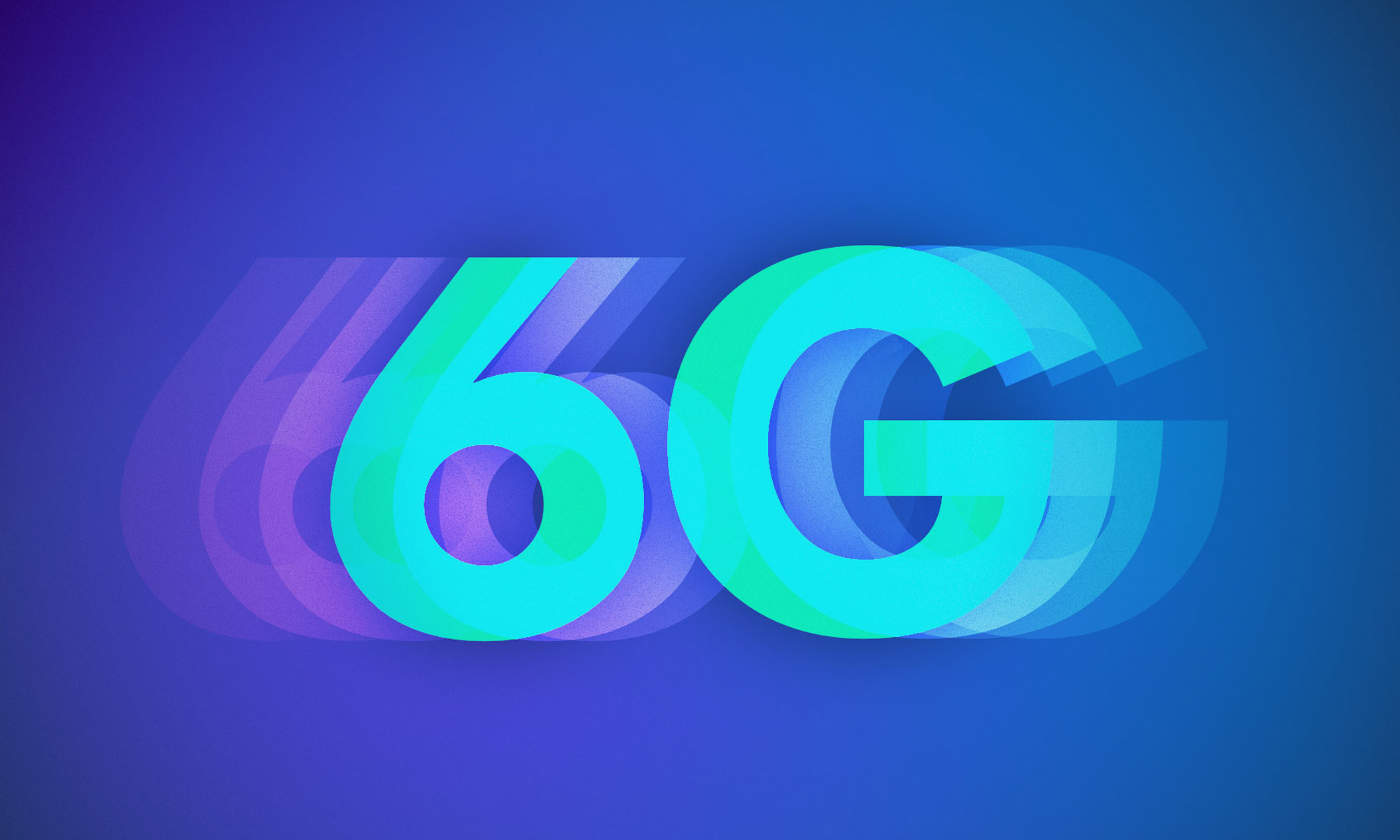News
Super Fast 6G Connectivity Is Closer Than You Think
Samsung’s end-to-end prototype system was able to achieve real-time throughput of 6.2 Gbps over a 15-meter distance.

Even though 5G smartphones represented just 12 percent of all smartphones sold last year, telcos and researchers are already developing the sixth generation standard for wireless communications technologies, referred to simply as 6G.
Recently, Samsung Electronics in collaboration with the University of California, Santa Barbara (UCSB) have demonstrated a 6G Terahertz (THz) wireless communication prototype, paving the way for peak data rates that are as much as 50 times faster than 5G.
“As we shared in our 6G vision white paper last year, we believe new spectrum opportunities at the THz spectrum will become a driving force of 6G technology,” said Senior Vice President Sunghyun Choi, an IEEE Fellow and Head of the Advanced Communication Research Center at Samsung Research. “This demonstration can be a major milestone in exploring the feasibility of using the THz spectrum for 6G wireless communications.”
Samsung’s end-to-end prototype system was able to achieve real-time throughput of 6.2 Gbps over a 15-meter distance, in part thanks to a precise digital beamforming calibration algorithm that allows for high beamforming gain.
That’s even more than the current 5G record, which was achieved in March of this year by Nikia and Turk Telekom. During their 5G trial, the two companies successfully transferred data across Turk Telekom’s 26Ghz mmWave spectrum at a peak speed of 4.5 Gbps. If everything goes according to plan, the first 6G networks could launch commercially in 2030.
Also Read: Etisalat & Ericsson Join Forces To Deploy 5G High-Band In UAE
Since regular smartphone users don’t really need an absurd amount of bandwidth to enjoy social media, stream high-resolution content, or video-chat with colleagues and friends, it’s likely that the adoption of 6G will be driven mainly by emerging mobile use scenarios, such as virtual and augmented reality (VR/AR), the Internet of Things (IoT), and people living in isolated areas where wired internet access isn’t available.
News
Mamo Completes $3.4M Funding Round To Enhance Fintech Services
The startup will use the influx of cash to expand into Saudi Arabia and across the wider GCC while improving its product offering.

UAE-based fintech Mamo has announced the completion of a $3.4 million funding round that will help the startup extend its market presence and improve its product offering. Investors included 4DX Ventures, the Dubai Future District Fund and Cyfr Capital.
Mamo’s platform offers “payment collection, corporate cards and expense management” to help small and medium-sized businesses consolidate and streamline their operations. With the latest influx of capital, Mamo will further develop its comprehensive suite of services and begin testing its product lines in Saudi Arabia, further extending its footprint across the GCC.
Imad Gharazeddine, co-founder and CEO of Mamo, stated: “We’ve been in the market for a while now and are incredibly proud of what our team has achieved. The holistic and expansive nature of our product offering has helped us continue to grow sustainably. This additional funding will allow us to reach our medium-term goals even faster. The support from new and existing investors is a testament to our strong expertise and the ability to deliver on our customer promise”.
Daniel Marlo, General Partner of lead investor 4DX Ventures, added: “We have immense trust in Imad’s vision, leadership and Mamo’s innovative approach to provide a user-friendly and comprehensive financial solution for SMEs that makes financial management more accessible and efficient. We are proud to partner with them and support their mission”.
Also Read: A Guide To Digital Payment Methods In The Middle East
Amer Fatayer, Managing Director of Dubai Future District Fund’s investment team, also commented: “Mamo’s localized product lines serve as an infrastructure for SME payments and spend management in UAE, a segment that is underserved by the country’s current banking infrastructure. The team has taken a product-first approach to consolidating SMEs’ financial journeys and building a fintech solution deeply embedded in a business’s core operations”.
To date, Mamo has raised around $13 million in investment funding and now boasts a team of 30 people. The company’s intuitive financial services platform has allowed over 1,000 businesses to consolidate their financial operations and significantly reduce payment fees.
-

 News4 weeks ago
News4 weeks agoAmazon Prime Day 2024: Get Ready For 6 Days Of Amazing Deals
-

 News4 weeks ago
News4 weeks agoSamsung Unpacked 2024: What To Expect From The July 10 Event
-

 News4 weeks ago
News4 weeks agoCoursera Report Shows Surge In UAE Interest In AI Upskilling
-

 News4 weeks ago
News4 weeks agoMeet Dubai’s Groundbreaking Smart Robot Delivery Assistant
















